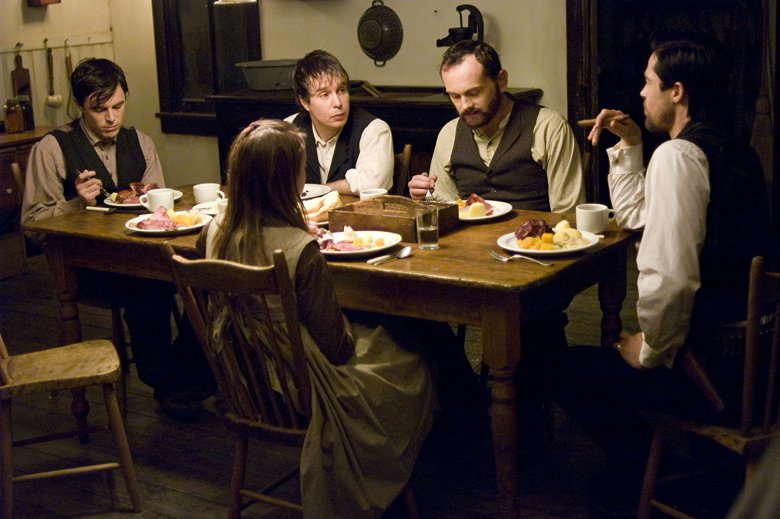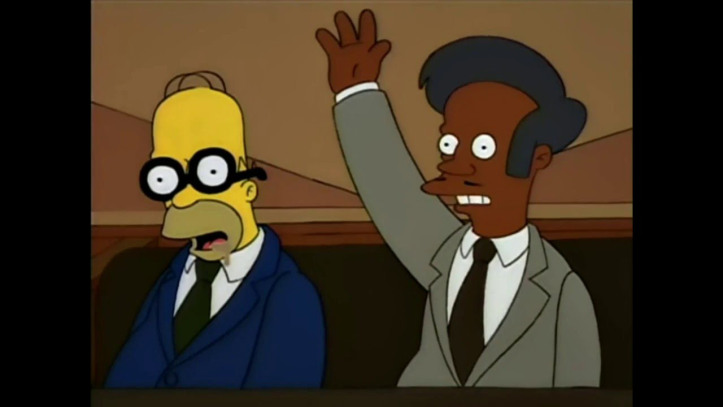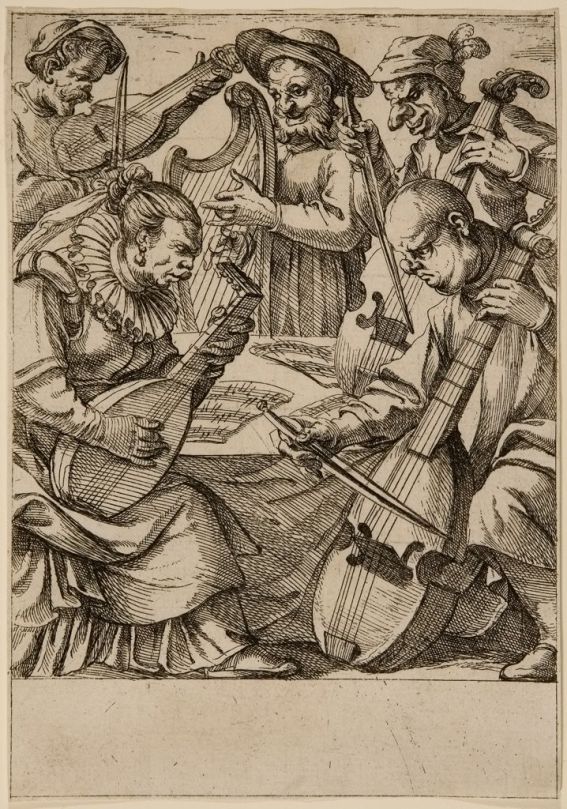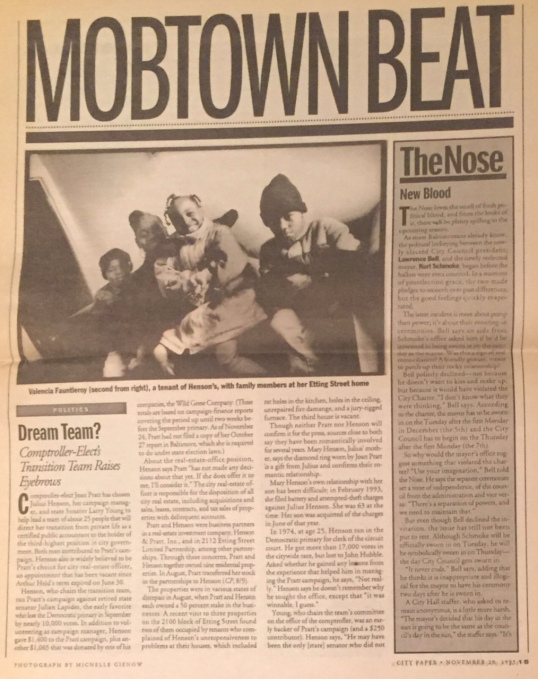The first few scenes of The Assassination of Jesse James by the Coward Robert Ford (2007) has infamous outlaw Jesse James (Brad Pitt), leader of the famed James-Younger Gang orchestrate a train robbery that has less money on board than expected. Jesse knocks unconscious the express messenger refusing to follow the robbery demands, readily cocking his pistol to the man’s head. Gang member Ed Miller (Garret Dillahunt) begs Jesse to not shoot.
“Don’t you tell me what I can and can not do” says Jesse with a cold eyed stare, years of robbery and murder finally having caught up with his ability to make good judgement. With many of the James-Younger members either dead or in hiding, Jesse knows it’s inevitable before one of his gang members turn in him for reward and immunity for their crimes. Jesse’s final days materialise when his brother and confidante, Frank (Sam Shepard) quits the gang for a more sustainable career selling shoes; struggling to exist in a conquered American outback where the strength of law enforcement has increased tenfold.
The Assassination of Jesse James by the Coward Robert Ford is a spoiler unto itself. Yet this adaptation of Ron Hansen’s 1983 book of the same name is a brooding exploration of bravery and cowardice in the forms of Jesse James and Robert “Bob” Ford (Casey Affleck); the man responsible for his eventual murder.
Similar themes of existentialism and nihilism and ideas are found in Bad Company (1972) and Clint Eastwood’s Unforgiven (1992), both Westerns that revised the expectations of the genre. The Assassination of Jesse James by the Coward Robert Ford is no exception, successfully excavating the darkest time to be an American outlaw.
Nineteen year old Bob is the victim of this Revisionism, desperate to join his brother Charley Ford (Sam Rockwell) as a member of the James-Younger Gang and work for the infamous Jesse James. Bob spent years reading the Jesse James folklore, in awe of the stories he keeps hidden under his bed; similar to those ardent film fans eventually mesmerised in the cinema by Hollywood actor John Wayne some sixty plus years later.
Bob retains an awkward and innocent shyness around Jesse, initiating conversations that go no further than idle small talk. Bob is excluded from the gang but does help Jesse move house in the dead of night to avoid detection from neighbours and police. A wanted man in 1882, Jesse extends his secrecy to his two children who don’t even know his real name, yet Bob is too starstruck to notice his hero is rattled with paranoia and anxiety.
After catching Bob watching him bathe, Jesse snaps “You want be like me or you want to be me?”

The Assassination of Jesse James by the Coward Robert Ford carefully examines the blurred lines of fame and baseness. Bob truly idolised Jesse, eloquently comparing the similarities of both fathers being pastors, both having blue eyes and being five feet eight inches tall. But Bob makes the mistake of meeting a hero who didn’t want to know him in the first place and begins building contempt for his idol and the world that has cheated his dream of becoming a famous outlaw.
Bob learns a life of crime has a long road with no end; the relentless frontier environments of frozen mountains, fields and forests enough to kill any man or woman who’d gladly live and die for a stolen fortune. The allure of murder lost when Bob shoots dead Wood Hite (Jeremy Renner) attempting to kill fellow gang member Dick Liddil (Paul Schneider) in a petty brawl; his death inconsequential and unmourned. Bob realises these men have seen and done too many terrible things to be afraid of the dark or superstition.
Yet Bob clamours for the James-Younger Gang despite lacking the grit and mercilessness required to join them. The legend of Jesse James cheats Bob so badly he can only respond by destroying it, making a deal with authorities to kill Jesse within ten days for a bounty and a rescinding of his crimes.
Subtly aware Bob will be his assassin, Jesse welcomes him into the group and gifts Bob with a .44 caliber revolver as unspoken permission to kill him. Jesse knows there is no place for the outlaw in his country anymore and his death is his acceptance of the new world.
Indeed before the titular murder, Bob takes time to look around Jesse’s home, absorbing small details of smells and textures to retain the memory of what life was like before the death of the last frontier legend.
Brad Pitt and Casey Affleck’s nuanced, simmering performances ground this troubled and unbearable friendship into something uncomfortably relatable. Jesse at the end of his life makes himself accountable for the crimes he has committed. Yet after the murder Bob swears blind to Jesse’s wife Zee (Mary-Louise Parker) he didn’t kill her husband, dooming himself to a future of regret for projecting his insecurities on a man he didn’t believe met the standards of what a hero should be.
The Assassination of Jesse James by the Coward Robert Ford is a brooding and morose morality tale that lack of accountability in a Godless world can only doom a person to a life of cowardice and torture.
- More





